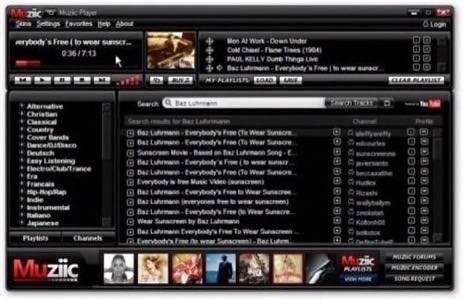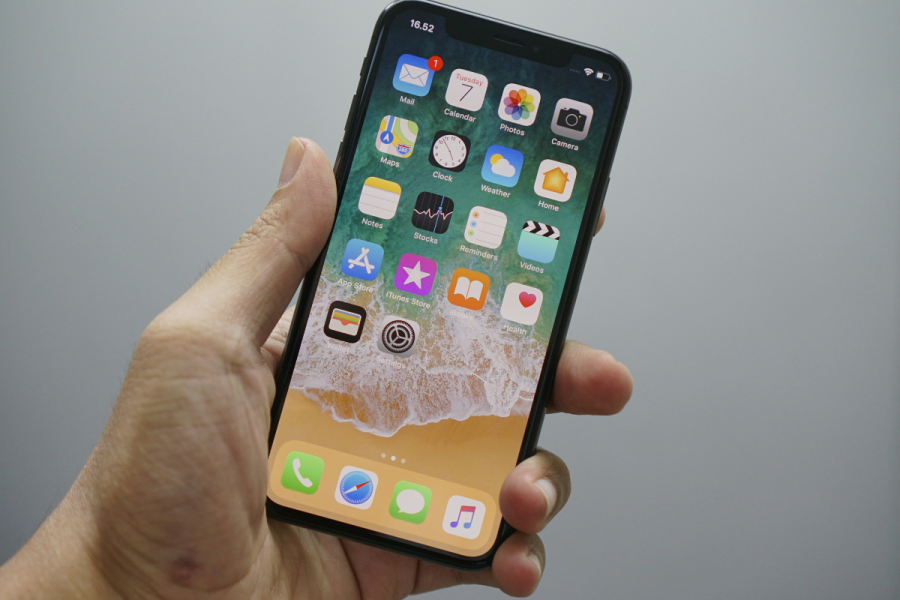Going beyond traditional media players, teen developer David Nelson has created Muziic Player, an application that harnesses the power of YouTube to offer music lovers around the globe access to the world’s largest searchable database of songs.

Self-described as “a free and legal” application, Muziic lets you stream music from YouTube without ever again having to visit the site. And therein lies the rub. Could this legal application be seen as not so legal by Google?
“It’s really the first 100% free, legal method for listening to digital music,” said 15-year-old Nelson in a press release. “Typically, free music services are not completely legal; on the other hand, legal music services are not usually free,” he said.
We downloaded the application and had a quick look. It’s an easy to use media player that looks great, and has much the same functionality as other media players; it lets you build playlists, organize songs etc., but has one enormous advantage over others: its media catalog is YouTube.

The inner workings, however, appear to be what makes this application “legal.” In a nutshell, the application works by searching Muziic’s own index of YouTube music, and then streams the music directly from YouTube, thus avoiding any potential legal issues.
YouTube has contracts with various recording companies, and artists are paid royalties based on the number of times their song is played. Because the music is played from YouTube servers, artists will receive payment. A win-win situation according to Nelson. “Because of YouTube’s contracts with the record labels, satisfaction can be reached for our listeners and the artists themselves,” he said.
While the artists may get their royalties, sidestepping YouTube and the ads the company has been carefully positioning on the site over the past year may not exactly please the search giant, as Greg Sandoval, over on CNET pointed out yesterday.
“This site has yet to receive the blessing of Google, the large recording companies or the scores of film and TV rights holders who filmed the many live performances on YouTube. I doubt these companies will welcome a service that makes it easy for users to avoid YouTube ads. They certainly won’t allow the Nelsons to profit without at least receiving compensation,” Sandoval wrote.
Sandoval, who contacted YouTube Saturday night, was told that this was the first time YouTube had noticed the site. “We’re looking into it now. On a preliminary review, however, it appears that the site violates our API terms of use,” the spokesperson told CNET.
However, it will be interesting to watch what the company, whose mission is to organize the world’s information and make it universally accessible and useful, will do with this young entrepreneur and his wish: to organize the world’s music information and make it universally accessible and useful.
We like this application and will be keeping a close eye on it, but as always would love to know what you think. What do you think about applications like Muziic, and what do you expect to hear from Google?







